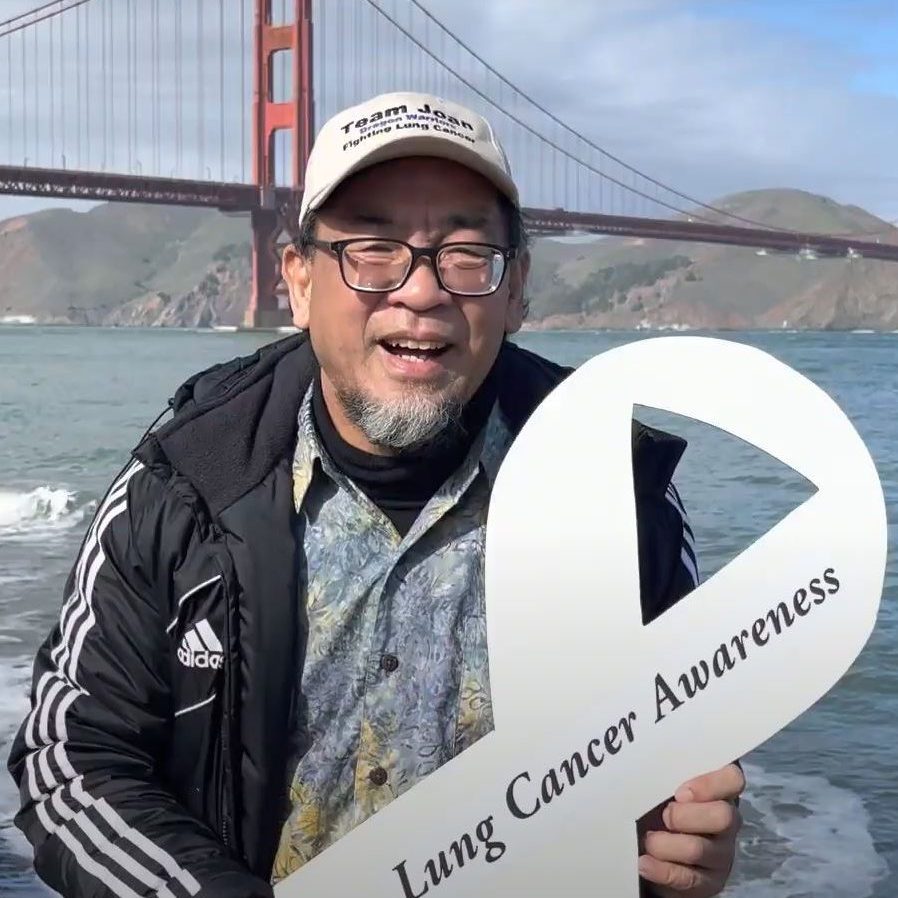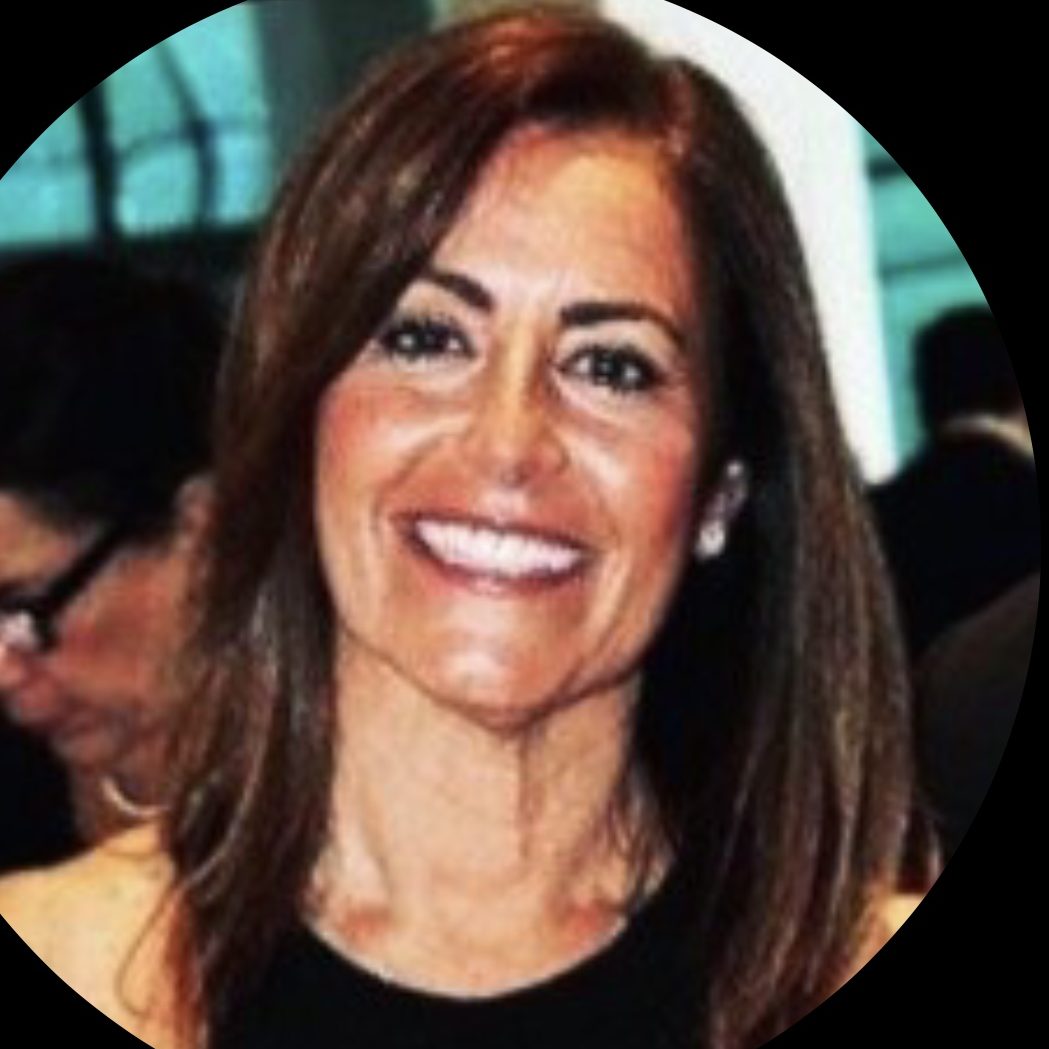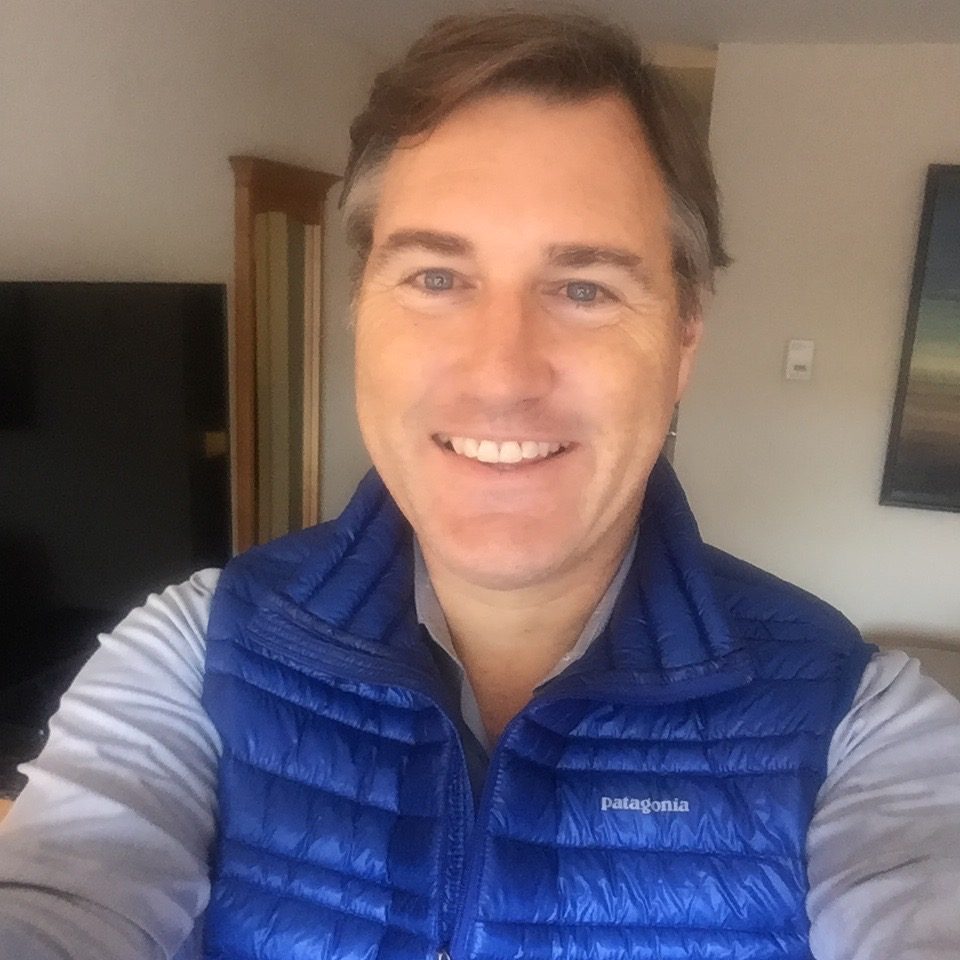Lung cancer advocacy is about taking action and using your voice to drive lifesaving change. The best part? Anyone can do it. You don’t need to live in Washington, DC or know the ins and outs of Capitol Hill to speak up.
Our annual Lung Cancer Voices Summit is all about making you feel comfortable and empowered to advocate for the needs of the lung cancer community. Because we know that talking to a Member of Congress or their staff can feel intimidating, we asked past Lung Cancer Voices Summit attendees Ron Fong (California), Bruce Dunbar (New York) and June Burke (New York) for their impressions and advice. Here’s what we learned.
Advocacy training will help you feel confident and prepared.
Bruce Dunbar admits that he doesn’t like to talk about himself. He says that advocacy training, an important part of the Lung Cancer Voices Summit, helped him think about the impact his story could have—and prepared him to speak with representatives. Dunbar adds that “getting a grounding on the nuts and bolts of the process also built a comfort level before our meetings.”
What you say resonates.
Ron Fong wasn’t new to advocacy—but he’d never told his own story until he attended his first Lung Cancer Voices Summit three years ago. Like the other first-time lung cancer advocates we talked to for this story, he learned a compelling lesson about the power of every voice. “This kind of advocacy is different than lobbying for a stop sign or a new crosswalk,” he says. “And you’re not pitching a policy, which staffers hear all day long. You’re making an emotional connection.”
June Burke stressed that telling her story during the Lung Cancer Voices Summit was powerful. “Your story resonates with lawmakers because you’re living it. It’s real,” she says. She adds that hearing from lung cancer patients and their families helps combat the stigma too often associated with lung cancer. Fong agrees. “You’re putting a face to the stories and the statistics. When you do that, you’re helping congressional staffers understand and empathize.”
Lawmakers also have personal stories.
Bruce Dunbar had an epiphany while listening to other lung cancer survivors tell their stories: that lawmakers are people too. “The title and seeing them on the news can make them seem distant or bigger,” he said, “But they are real people with real emotions, and many have undoubtedly had cancer in some form affect their life.”
But don’t just take Dunbar’s word for it. Hawaii Senator Brian Schatz wrote in an email to supporters recently, “I’m not special. I just have this very special job. It is not at all lost on me how fortunate I am to have this obligation.”
Use your voice to change the future of lung cancer. Registration for the 2022 virtual Lung Cancer Voices Summit is free and open through April 22. Sign up today!




Leave A Comment